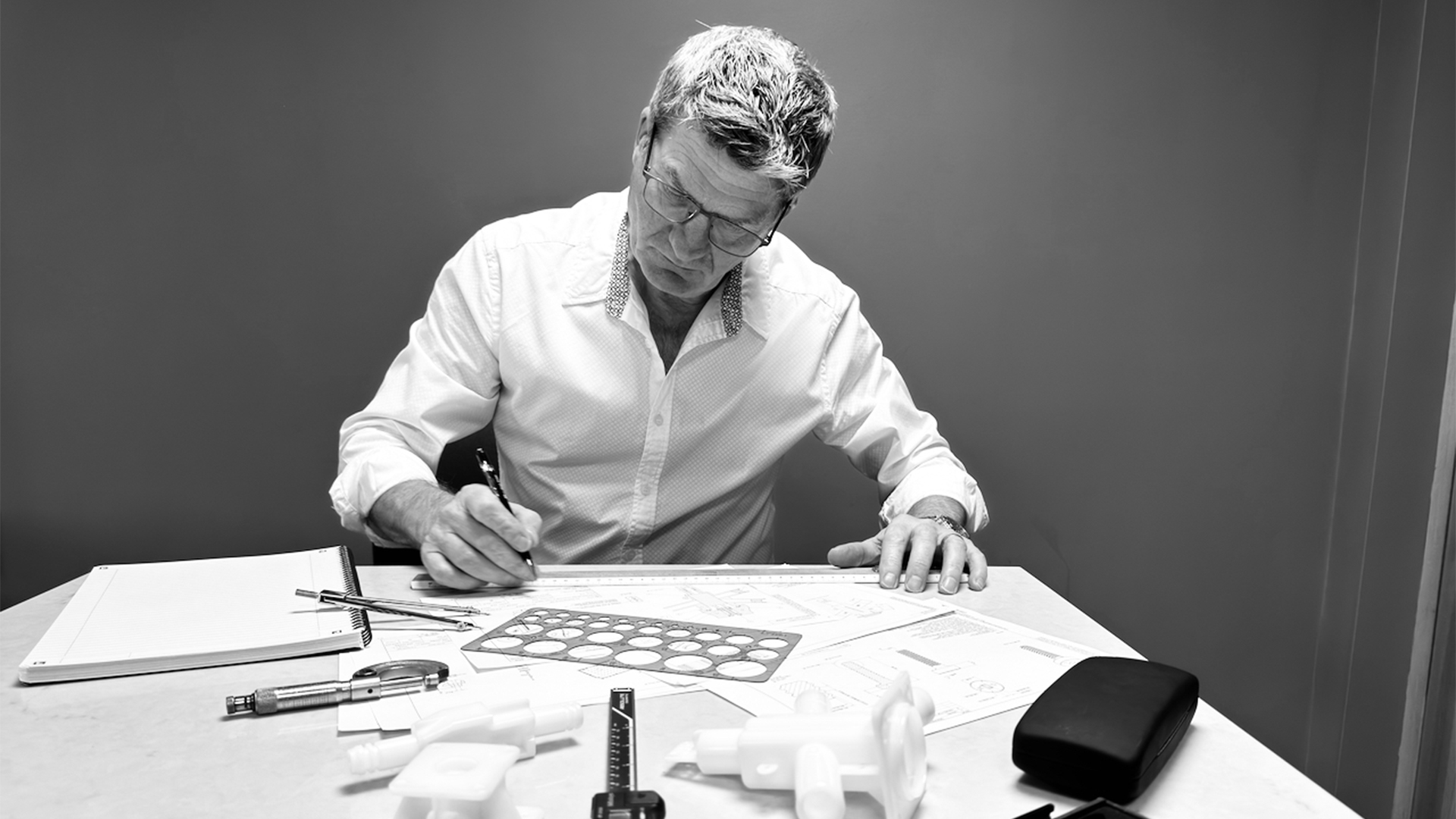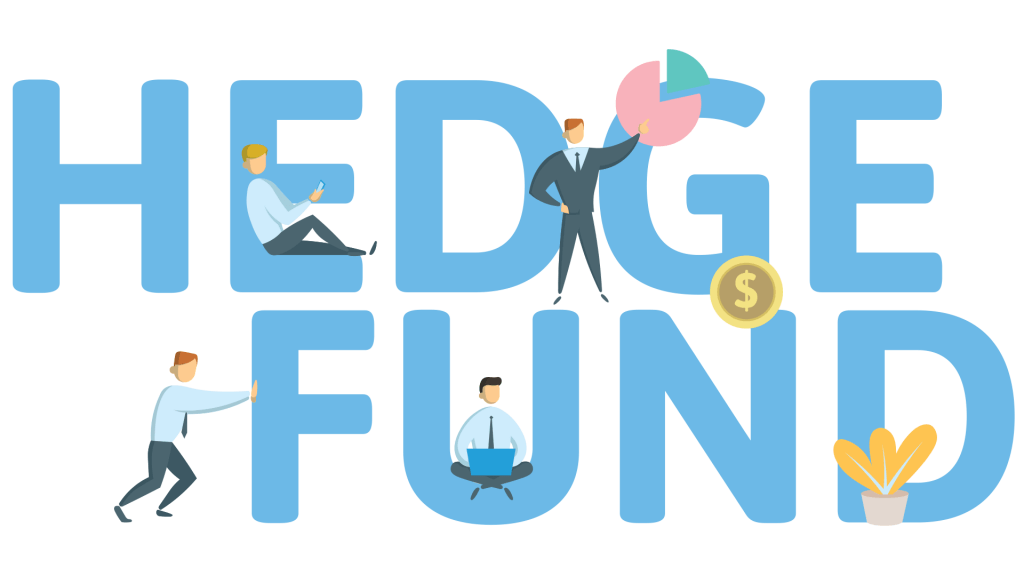
- Latest tech combines engineering and behavioural science in ethical platform to reduce water consumption and carbon emissions
- Solution could help save some of the planet’s biggest water consumers billions of litres of water a year
- Water scarcity ranked among the top five global risks
Showerkap, a UK tech startup, has designed the world’s first water management system that enables organisations to monitor and conserve water usage, while also nudging users to make more eco-friendly decisions that reduce water consumption, carbon emissions and costs.
Five years ago The Environment Agency warned that the UK was only 20-25 years from not having enough water to meet demand, yet even now, with just 15 years to go, our prolonged shower habits are still accelerating water waste, high energy costs and negative environmental impacts.
Founded by engineer Steve Harding, Showerkap applies behavioural science to help motivate people to make better choices and take shorter showers, to conserve water, save money and use less energy. The innovation gives organisations – such as hotels and universities – the ability to track and analyse their water usage, measure CO2, detect abnormal events like leaks and maintain water safety.
Founder and CEO Steve Harding said: “The issue of water sustainability is one of the biggest crises we currently face – water scarcity is ranked among the top five global risks. The value of our water far outstrips the price we pay for it. Showerkap is committed to helping more people transform the way we interact with water. There is no single solution to the water problem, technology can help by creating sustainable solutions, but a parallel transformation is needed in our relationship with water – we must learn to do more with less.
“Our platform enables users to monitor and reduce water usage and, at the same time, empowers people to make more eco-friendly decisions, saving water, energy and money.”
Showerkap’s business strategy is to focus on universities and hotels, two of the biggest consumers of water. For universities with 9,000 students on campus, the solution is estimated to save 1.2million kgs of CO2 emissions, 227m litres of water and £1.1m per year, using its nudge innovation to reduce shower time from 11 to four minutes by subtly reducing the temperature at the end of the shower time using its unique flow technology.
By installing the smart platform, universities can work towards achieving ambitious emission reduction targets and climate action commitments drawn up by Universities UK to support government plans for reducing emissions by 78 per cent by 2035.
The company is in final discussions with some of the country’s leading universities about adopting the solution as a means of addressing the urgent need for water conservation and the pursuit of net-zero targets.
Steve continued: “The average shower in the UK uses around 150 litres of water – that means every day we are sending two billion litres of shower water down the drain. Combined with the fact that we are facing a situation where we could run out of water in the next 15 years, I was driven to come up with a solution to help address the crisis.”
The Showerkap system works by using a patented valve which gently fades down the water temperature over time, and, by simulating water running out, prompts the user to finish their shower earlier. At the same time, the valve smartbox relays captured usage data to a cloud based platform and a web app provides users with detailed analytics. Focusing on information such as total water usage, costs and CO2 emissions, it allows detailed classification of water outlets and offers a suite of sophisticated leak detection tools and alerts. Alongside the analytics, the same data forms the basis of the system’s unique set of behavioural ‘nudge tools’. Aligned with users’ preferences and controlled by the user in an app, these tailored, personalised nudges can help encourage better choices about making every drop count and offer individuals the means to make more sustainable water and energy decisions.



















